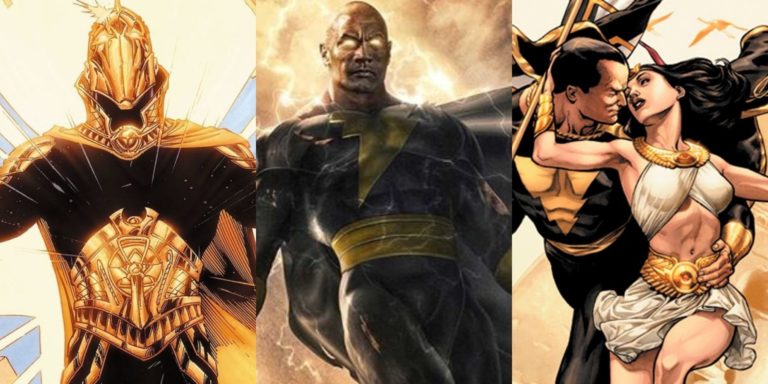Exploring the Mythological Inspiration Behind Dev Patel’s “Monkey Man”
Dev Patel’s directorial debut, “Monkey Man,” has sparked interest and intrigue among audiences and critics alike. A key aspect of the film is its connection to the mythological figure Hanuman, a revered deity in Hindu culture. In this article, we’ll delve into how “Monkey Man” draws from the rich tapestry of Hanuman’s legend and what this means for the film’s narrative and thematic depth.
The Mythological Roots of “Monkey Man”
Hanuman’s Influence on the Film
“Monkey Man” is inspired by the Hindu deity Hanuman, who is known for his extraordinary strength, loyalty, and devotion. Hanuman is a central character in the Indian epic Ramayana, where he plays a pivotal role in aiding Lord Rama to rescue his wife Sita from the demon king Ravana. The film’s protagonist, played by Patel, embodies the god’s qualities as he navigates the criminal underworld of Mumbai to seek justice and redemption.
Symbolism and Contemporary Relevance
In “Monkey Man,” the themes of loyalty and devotion are translated into a modern setting, where the protagonist’s journey mirrors the righteous path of Hanuman. The character’s half-monkey status in the film draws a parallel to Hanuman’s simian form, symbolizing the liminal space between the human and the divine. This aspect of the character provides a rich ground for exploring themes of identity and the struggle between one’s higher instincts and base desires.
Dev Patel’s Interpretation of Hanuman’s Essence
Crafting a Modern Myth
Patel’s interpretation of Hanuman’s essence is not a literal adaptation but rather a reimagining that fits into the gritty world of “Monkey Man.” The film does not depict the deity directly but uses the inspiration to craft a story of a man who, much like Hanuman, is on a mission fueled by loyalty and a sense of duty. This creative choice allows the film to resonate with audiences who may not be familiar with the Ramayana or Hindu mythology while still honoring the source material.
The Cultural Significance of Hanuman
The choice to draw inspiration from Hanuman also speaks to the cultural significance of the deity in Hindu tradition. Hanuman symbolizes strength, perseverance, and the power of good over evil. By incorporating elements of his story into “Monkey Man,” Patel pays homage to his Indian heritage and introduces international audiences to a figure that has inspired millions of people for centuries.
Key Takeaways
- Mythological Inspiration: “Monkey Man” is inspired by the Hindu deity Hanuman, known for his strength, loyalty, and devotion.
- Modern Reimagining: The film translates the essence of Hanuman into a contemporary narrative, focusing on a protagonist who embodies the deity’s qualities in a modern-day setting.
- Cultural Homage: By drawing from Hanuman’s legend, Dev Patel pays respect to his heritage and introduces global audiences to a revered figure in Hindu mythology.
- Thematic Depth: The film explores themes of identity, loyalty, and the battle between higher instincts and base desires, reflecting the complexities of Hanuman’s character.
In conclusion, “Monkey Man” is a creative endeavor that skillfully weaves the mythological threads of Hanuman’s story into a modern-day thriller. The film serves as a bridge between ancient lore and contemporary cinema, offering viewers a unique blend of action, character depth, and cultural richness. Dev Patel’s ambitious project stands as a testament to the enduring power of mythological narratives and their ability to inspire and inform the stories we tell today.





